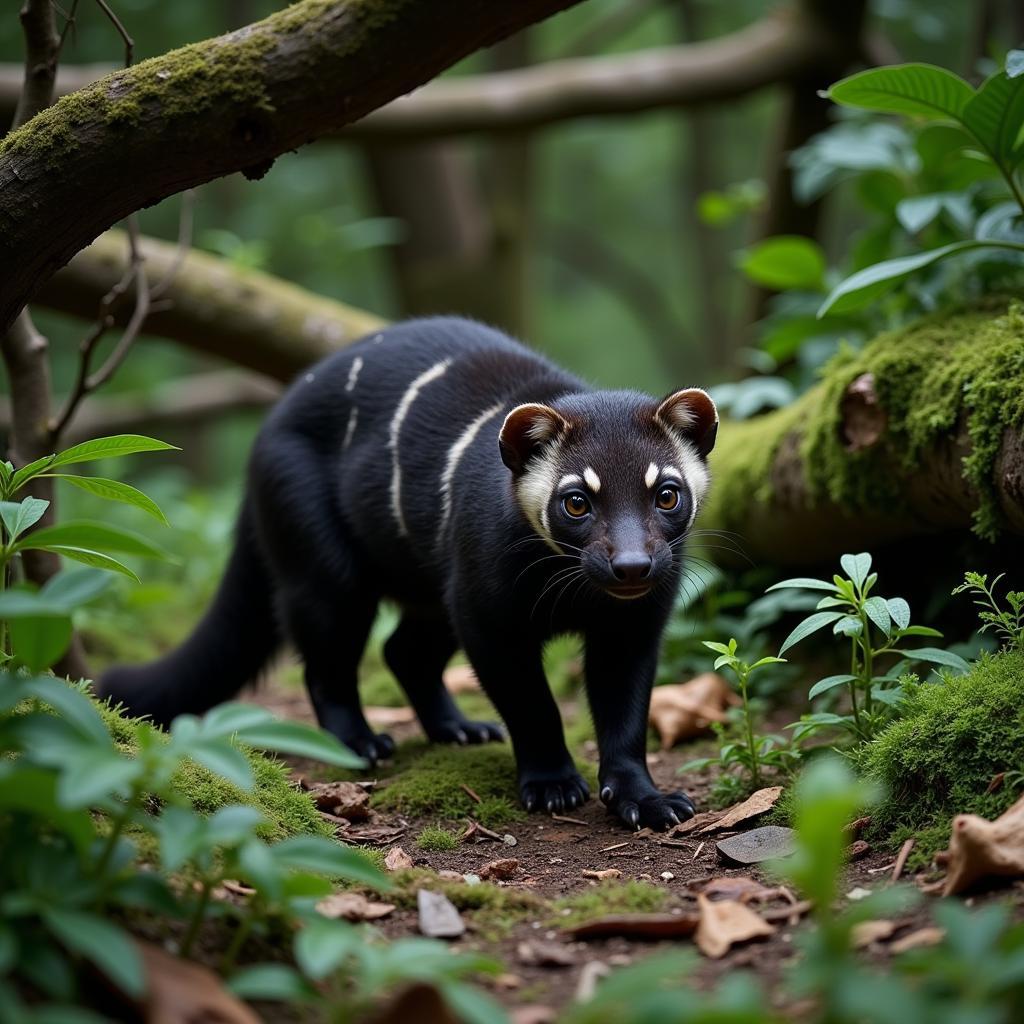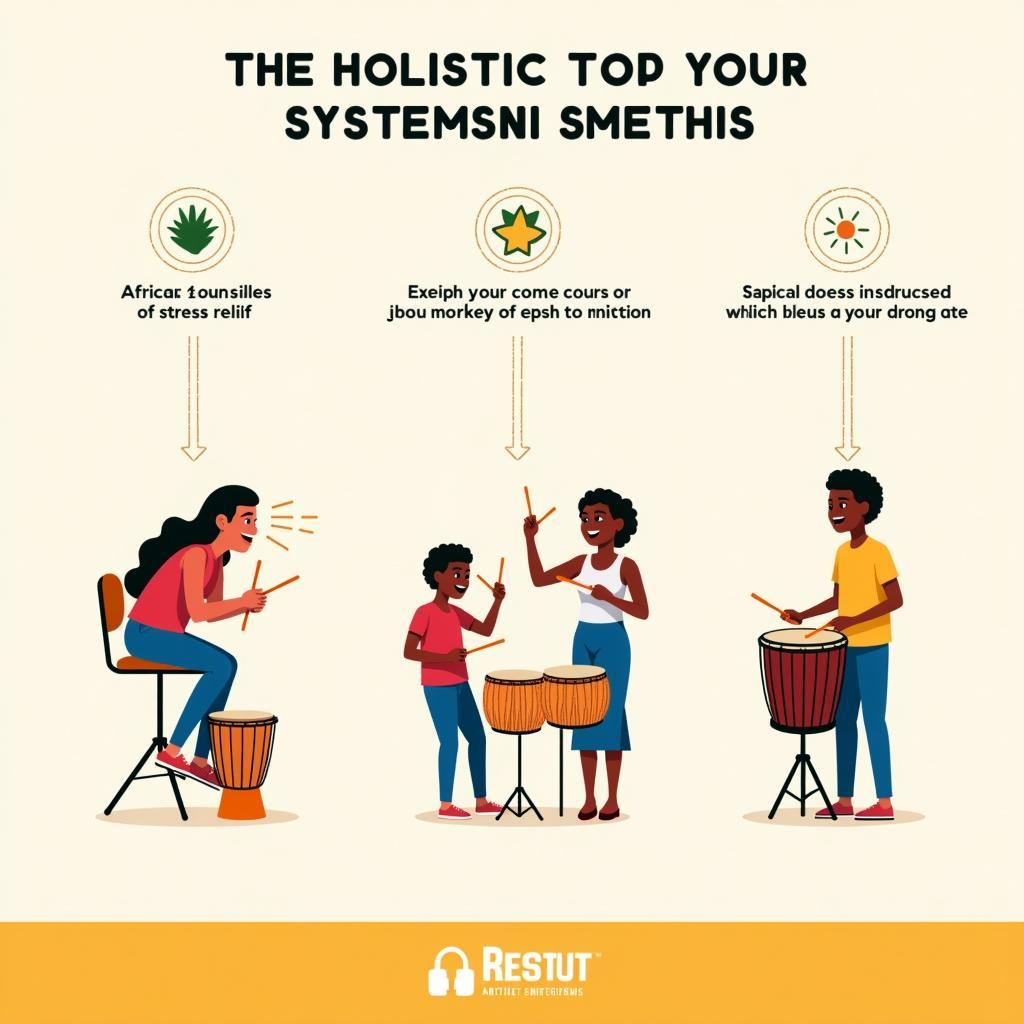African Hair Restoration: Rediscovering Natural Beauty
African hair, in all its glorious textures and styles, is a source of pride and identity. However, many face challenges with hair loss and thinning due to various factors like genetics, styling practices, and environmental stressors. This has led to a growing interest in African Hair Restoration – a journey back to healthy, vibrant hair that celebrates natural beauty.
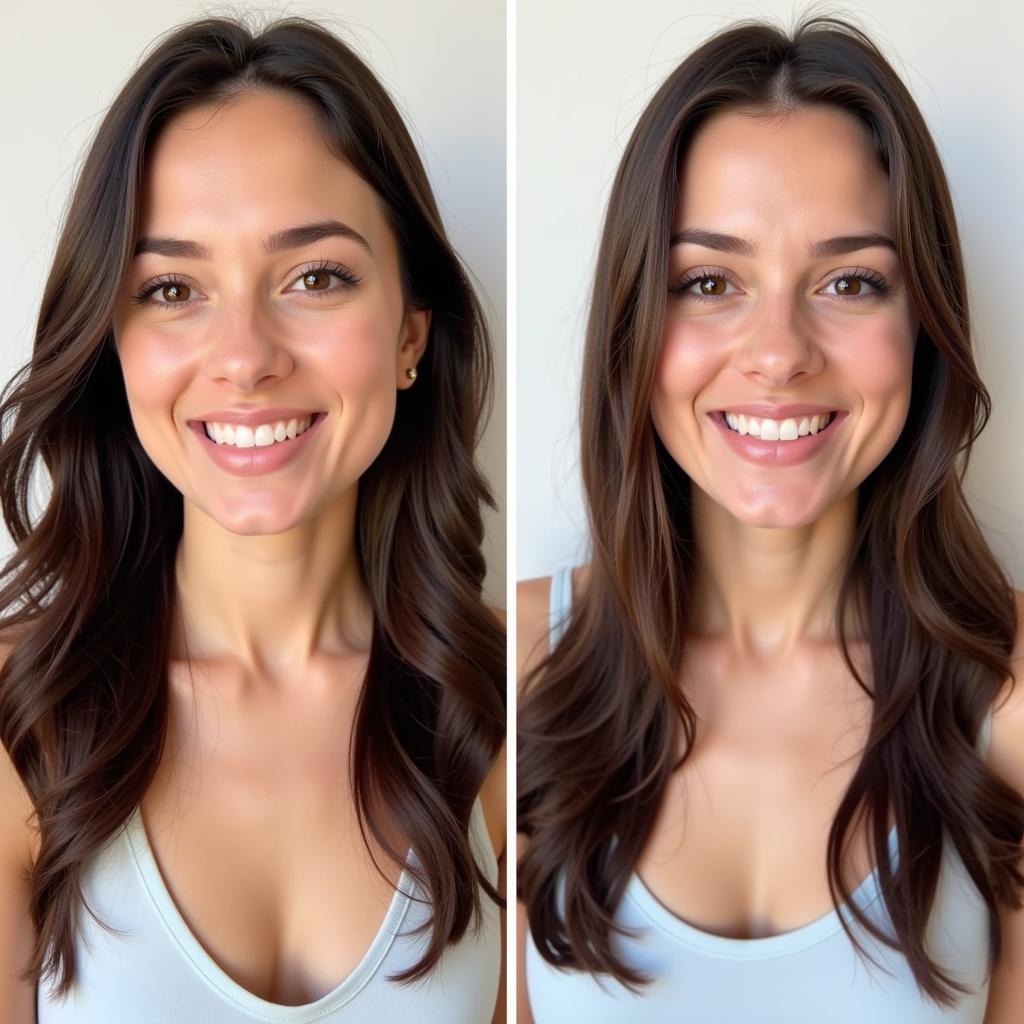 Before and after African hair restoration
Before and after African hair restoration
Understanding African Hair: A Unique Composition
African hair, often characterized as coily, kinky, or curly, possesses a unique structure. The hair shaft’s elliptical shape and the way it twists and turns create its distinct texture. This unique structure, while beautiful, can also make African hair more susceptible to breakage and damage.
Common Causes of Hair Loss in People of African Descent
Several factors contribute to hair loss within the African community. These include:
- Traction Alopecia: This condition, often called “hair loss from braiding,” arises from prolonged tension on the hair follicles due to tight hairstyles like braids, weaves, and extensions.
- Central Centrifugal Cicatricial Alopecia (CCCA): This type of scarring alopecia commonly affects women of African descent and often presents as hair loss starting at the crown and spreading outwards. The exact cause is unknown, but it’s believed to be linked to inflammation and damage to hair follicles.
- Genetics: While less common than other causes, genetic factors can contribute to hair thinning and loss in individuals of African descent, similar to other ethnicities.
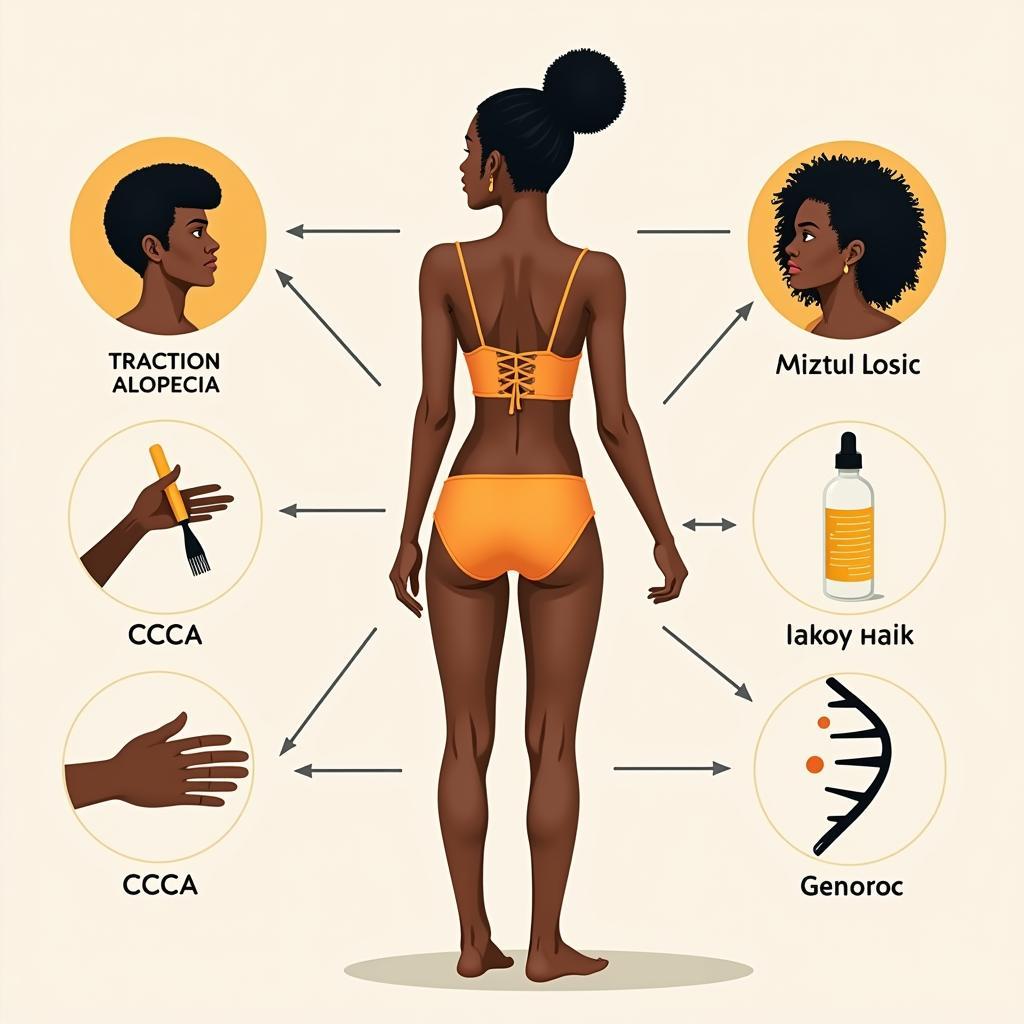 Common causes of African hair loss
Common causes of African hair loss
Embracing Natural Solutions for Hair Restoration
The journey to African hair restoration often begins with embracing natural solutions that promote hair health and growth. These include:
- Gentle Hair Care Practices: Opting for low manipulation hairstyles, using wide-toothed combs, and avoiding harsh chemicals are essential for minimizing breakage and promoting a healthy scalp environment.
- Nourishing Hair Oils: Natural oils like coconut oil, jojoba oil, and castor oil are rich in nutrients that can strengthen hair strands, moisturize the scalp, and potentially stimulate hair growth.
- Dietary Changes: A diet rich in protein, iron, and vitamins essential for hair growth, such as biotin and vitamin D, can play a significant role in supporting hair health from within.
Medical Interventions for Advanced Hair Restoration
In cases of significant hair loss or when natural remedies aren’t sufficient, several medical interventions can be explored:
- Topical Minoxidil: This FDA-approved medication, available over-the-counter, can help slow down hair loss and promote hair regrowth in some individuals.
- Hair Transplantation: This surgical procedure involves transplanting hair follicles from one area of the scalp to the area experiencing hair loss.
- Platelet-Rich Plasma (PRP) Therapy: PRP therapy involves injecting concentrated platelets from the patient’s blood into the scalp to stimulate hair growth and improve hair thickness.
“It’s crucial to consult with a dermatologist or trichologist specializing in African hair to determine the underlying cause of hair loss and receive personalized recommendations for treatment,” advises Dr. Abena Safo, a renowned dermatologist in Accra, Ghana.
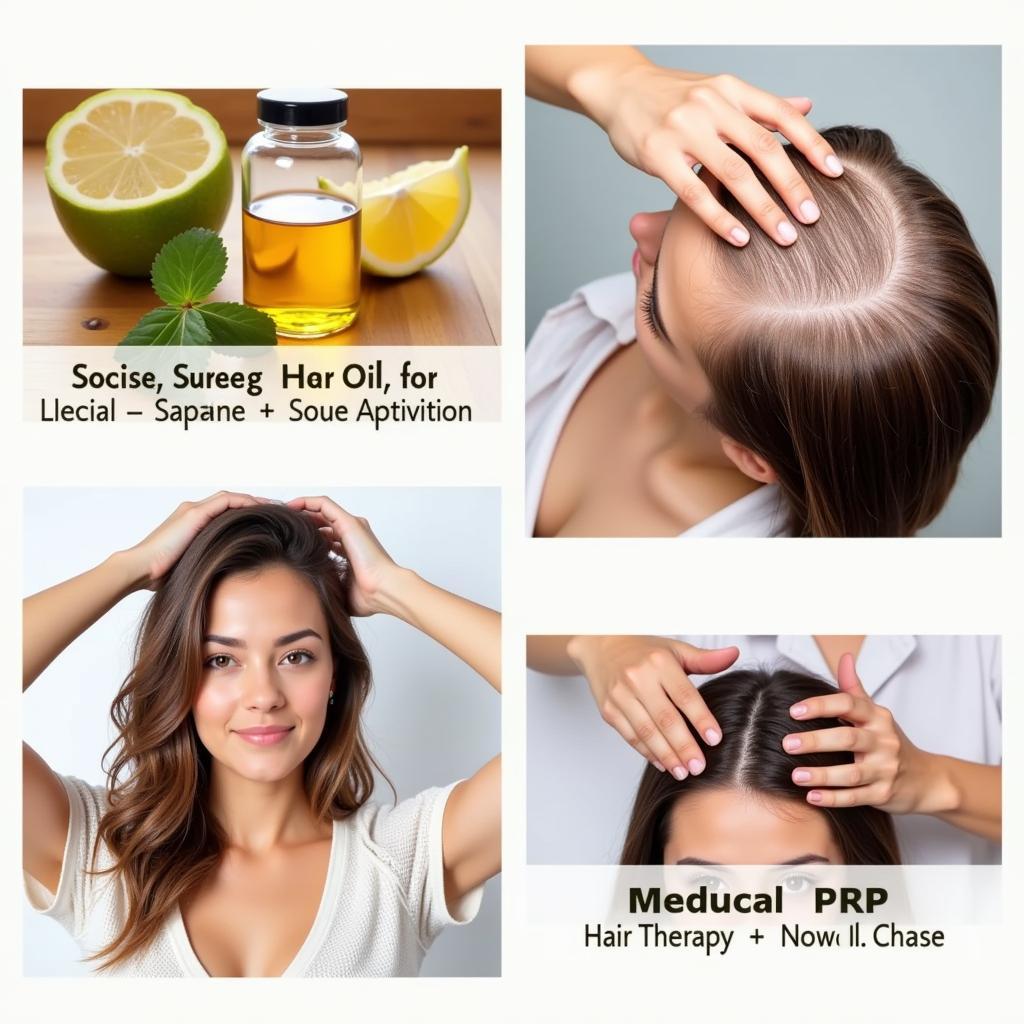 African hair restoration treatments
African hair restoration treatments
Reclaiming Confidence: The Journey Beyond Hair
While restoring hair can have a significant impact on one’s appearance, it’s equally important to address the emotional and psychological aspects associated with hair loss. Support groups, therapy, and open communication with loved ones can play a vital role in navigating these challenges and fostering self-acceptance.
Conclusion
African hair restoration is about more than just regrowing hair; it’s about reclaiming one’s identity, embracing natural beauty, and fostering self-love. By understanding the unique characteristics of African hair, adopting healthy hair practices, and seeking professional guidance when needed, individuals can embark on a journey toward healthy, vibrant hair that reflects their inner strength and radiance.
